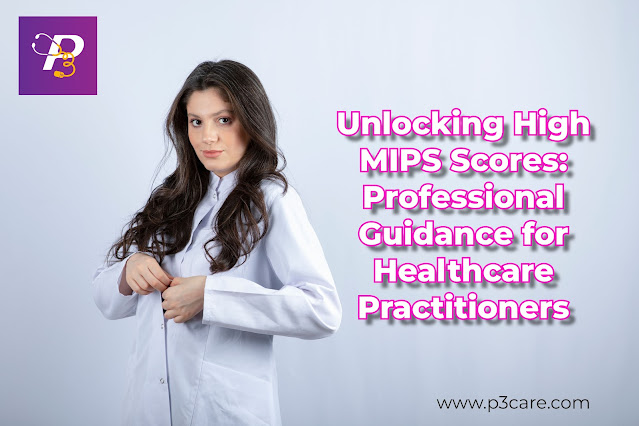The Vital Importance of Credentialing for Healthcare Providers

In the complex and demanding world of healthcare, the role of credentialing cannot be overstated. Credentialing is the process through which healthcare providers, such as doctors, nurses, surgeons, and other practitioners, have their qualifications verified. This process is essential not only for maintaining high standards of care but also for ensuring patient safety and trust. For healthcare providers, credentialing addresses both professional aspirations and concerns, providing a pathway to achieve their goals while mitigating fears. This article delves into the significance of credentialing, highlighting its importance for healthcare providers and offering solutions through professional services like those provided by P3 Healthcare Solutions. Addressing the Fears of Healthcare Providers Healthcare providers often face significant fears regarding their professional standing and the potential for litigation. One of the primary concerns is the risk of malpractice suits, which can arise...

